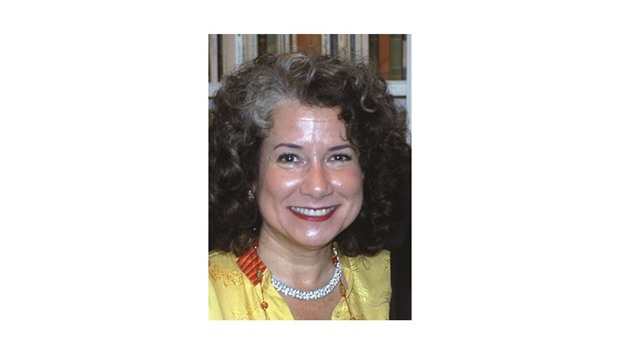I was hacked. Fiends assumed my Facebook identity. I have no idea what they imagined they’d get by chopping up my account. Perhaps they were trying to sell me for parts. Whatever their goal, they shoplifted my photograph and set up an imitation Gina Barreca profile.
Do you remember the television game show To Tell The Truth? A panel of celebrities had to decide which of three contestants was the real person and which were imposters.
Basically, that’s what I spent most of last week doing, except instead of performing in front of Orson Bean, Don Ameche and Kitty Carlisle, I was trying to convince a series of nameless Facebook team members that I was myself.
I spent days sending detailed e-mails to a generic Facebook address essentially explaining “I Gotta Be Me”. They didn’t care and it didn’t work.
Facebook said I didn’t have a problem. Apparently pretending to be somebody else and sending out greetings under that person’s name while posing under that person’s face “doesn’t go against our community standards”.
I bet the Internet predators thought my life was filled with limos and private jets. Maybe they didn’t know it’s taken 59 years for the real me to save money toward retirement, settle my debts with Visa and pay off my student loans.
Or maybe the hackers thought my Facebook friends would simply assume I’d deliberately split myself into the nascent personalities I’d previously kept in check via diligent mental health care, and that they would agree to start sending these new personalities wads of small, non-sequential bills or major organs on ice.
Here’s the good news: The smart cookies who are my Facebook friends discovered Fake Gina before I did and alerted me to what was happening. That’s the sort of watching-out-for-each-other I expect from The Tribe of Loud Smart Funny Women and the Men Who Laugh With Us, as I refer to my friends.
They make up for the bad behaviour of the scoundrels, but I’m not sure they make up for Facebook’s laissez-faire attitude.
Instead of relying on Facebook’s experts, I turned to my tribe for help.
Susan Kastan, a pal from college, became my electronic guardian angel by walking me through the steps I needed to protect myself and my group.
“Change your password immediately,” she counseled. “Tell your friends to report the false profile to Facebook.”
Brave souls had already done this, and they’d notified me as well. “Did you just send out a new FB friend request or did your account get hacked?” they asked.
Even braver companions had engaged with the hacker to see whether they could track down useful information, accepting the “friend requests” sent out by Evil Fake Gina.
Yale’s John Squeri did the computer equivalent of wearing my colours into battle. John agreed to join a conversation with Evil Fake Gina via Facebook message. He reported the account as “pretending to be” someone he knew to Facebook as soon as he got a message saying “‘helo! u r amazing’.”
Obviously, John is amazing, but he’s also correct in knowing I wouldn’t offer any compliment by writing “u r” something. Or anything. Ever.
None of my friends have sent money or body parts, so apparently nobody has been hurt.
Eventually, Evil Fake Gina took down the stolen photo and replaced it with a silhouette of a person wearing a pageboy haircut.
But my tribe knew that, even if I were appearing anonymously in disguise as part of the witness protection programme, I would never choose to display myself a pageboy.
My tech friends tell me Evil Fake Gina is probably a robot, that such identity theft happens all the time on Facebook and that I shouldn’t take it personally.
Fine. But if you get a friend request from an English teacher who can’t spell “helo” and who chirps “u funny”, please don’t accept it.
This is Gina Barreca, and I have approved this message.
* Gina Barreca is an English professor at the University of Connecticut. She can be reached at www.ginabarreca.com

Gina Barreca
